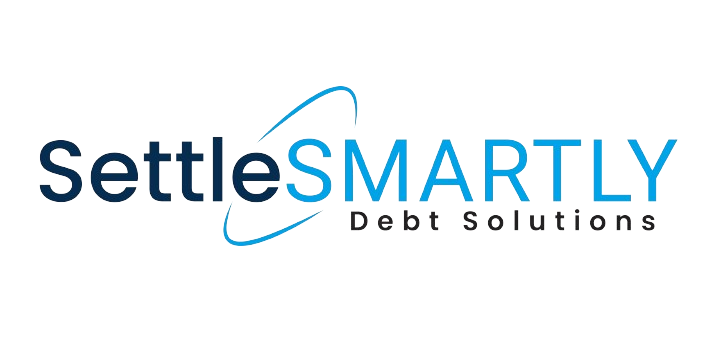Debt Consolidation Loans
Paying off debt requires a plan. In order to choose the best route, you need to know your options. Fortunately, you may have several — including debt consolidation loans. The best way to reduce the financial load depends on the type of debts, how much you owe and whether or not you are up to date on the payments. If you are considering a debt consolidation loan to manage debt, read on to learn about the pros and cons and get your life back on track.
What Is a Debt Consolidation Loan?
A debt consolidation loan takes multiple debts and rolls them into one loan with one payment. With a single source, borrowers often find it easier to make payments without forgetting a bill. Many people use debt consolidation to get a handle on credit card debt, but they may also use a loan to deal with medical bills, personal finances or payday loans. Consolidation loans are ideal for people who have multiple small bills they have to pay and need to make it easier to manage each month.
How Do Consolidation Loans Work?
There are several approaches to debt consolidation, although not everyone has access to all of the options. For example, some homeowners may choose to refinance a mortgage for a higher loan amount, allowing them to pay off credit cards and other bills. Similarly, people might use a balance transfer to move smaller credit card debt onto a card with a larger limit. You can also apply for personal loans for debt consolidation. In some cases, these loans come at a lower interest rate, which could make it easier to pay off the debt more quickly. Your rate may depend on your credit score and other factors.
Pros and Cons of a Debt Consolidation Loan
Pros
- Convenience: One payment means you have one bill to manage each month.
- Clarity: Take control of your finances and figure out how much you owe with one lender.
- Predictability: With a fixed-rate loan and definable term, you can easily determine what you owe each month and when it will be paid in full.
- Protection: Debt consolidation leaves credit cards free for true emergencies.
- Fresh Start: If you are committed to solving your debt problems, a consolidation loan may make it easier to achieve.
- Credit Improvement: Paying a new loan on time every month can contribute positively to your credit report and score.
Cons
- Credit Requirements: You will need a good credit score to get the best rates, and applicants with low scores may not qualify at all.
- Rates: If you don’t qualify for a lower rate, you might pay the same or more than the current monthly payment.
- Loan Limits: If you have a large amount of debt, you may not be able to get a loan that can cover all of it.
- Credit Effects: Missing a payment can negatively affect your credit score for years.
- No Guarantee of Debt Resolution: Using your credit cards after paying them off may leave you with higher bills than before.
- Imperfect Solution: Debt consolidation does not necessarily solve the problems that created the debt in the first place, so you may continue to struggle.
